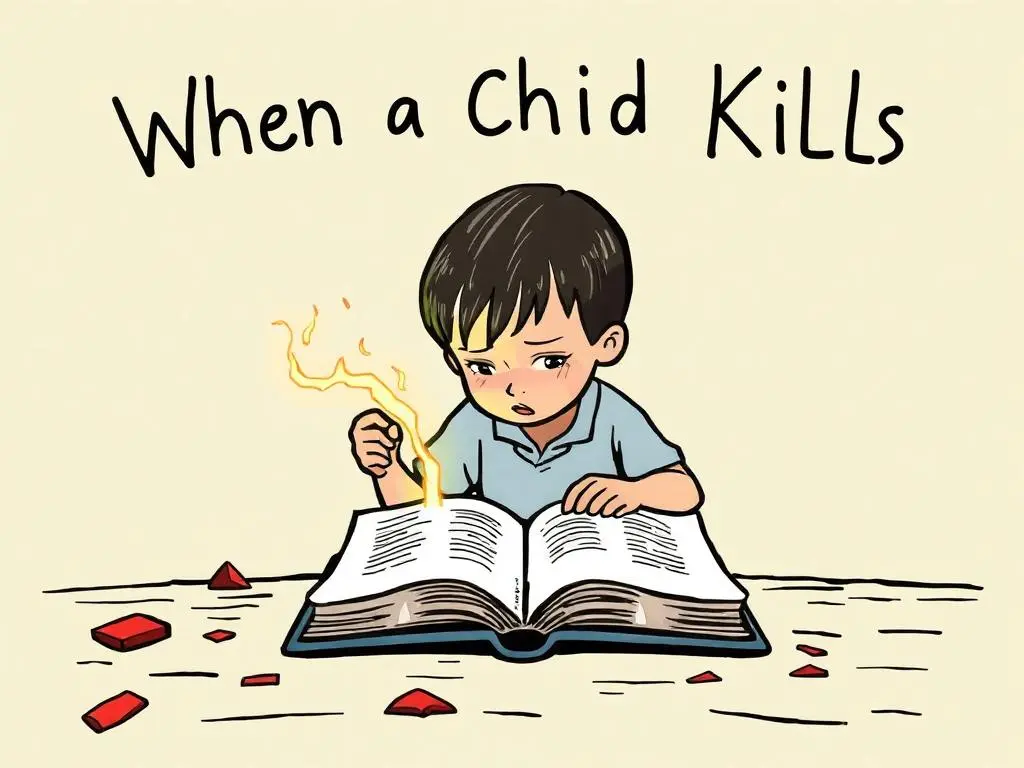Why Intellectuals Support Dictators

TWILIGHT OF DEMOCRACY
The Seductive Lure of Authoritarianism
By Anne Applebaum
Even before the coronavirus began to test our social order, the world was experiencing another plague, a pandemic of authoritarianism. Over the past decade it has infected democracies around the globe, including our own. Among the first responders were writers offering dystopian fiction and apocalyptic nonfiction, all questioning the durability of democracy under stress.
“The Death of Democracy,” Benjamin Carter Hett’s reconsideration of Weimar Germany, explored how partisan intransigence enabled the rise of Hitler, a lesson clearly intended as a timely warning. In their all-too-credible alarum, “How Democracies Die,” the Harvard political scientists Steven Levitsky and Daniel Ziblatt drew on a global roster of recently failed democracies to identify symptoms of would-be autocrats. (Donald Trump checks all the boxes.) In “Surviving Autocracy,” the journalist Masha Gessen, having sharpened her scalpel on Vladimir Putin, dissected Trumpism and concluded that curing it will take more than an election.
Anne Applebaum’s contribution to this discussion, “Twilight of Democracy: The Seductive Lure of Authoritarianism,” is concerned less with the aspiring autocrats and their compliant mobs than with the mentality of the courtiers who make a tyrant possible: “the writers, intellectuals, pamphleteers, bloggers, spin doctors, producers of television programs and creators of memes who can sell his image to the public.”
Are these enablers true believers or just cynical opportunists? Do they believe the lies they tell and the conspiracies they invent or are they simply greedy for wealth and power? The answers she reaches are frankly equivocal, which in our era of dueling absolutes is commendable if sometimes a little frustrating.
Applebaum, an American journalist who lives mostly in Poland, has earned accolades (including a Pulitzer Prize) for prodigiously researched popular histories of the Cold War, the Gulag and Stalin’s forced famine in Ukraine. “Twilight of Democracy” is less substantial, a magazine essay expanded into a book that is part rumination, part memoir.
[ This book was one of our most anticipated titles of July. See the full list.]
The book, like the magazine piece, begins with a party she and her Polish husband (who was then a deputy foreign minister in a center-right government) hosted on New Year’s Eve, 1999, at their home in the Polish countryside. The guest list was multinational and politically diverse, united by the afterglow of the Cold War victory over Communism and a shared belief in “democracy, in the rule of law, in checks and balances, and in … a Poland that was an integrated part of modern Europe.”
“Nearly two decades later, I would now cross the street to avoid some of the people who were at my New Year’s Eve party,” Applebaum writes. “They, in turn, would not only refuse to enter my house, they would be embarrassed to admit they had ever been there.”
These erstwhile friends, classmates and colleagues have lost faith in democracy and gravitated to right-wing nationalist regimes and movements. She calls them “clercs,” borrowing from the French philosopher Julien Benda, who a century ago seems to have meant a sarcastic fusion of “clerks” and “clerics,” functionaries and evangelists.
Applebaum believes the usual explanations for how authoritarians come to power — economic distress, fear of terrorism, the pressures of immigration — while important, do not fully explain the clercs. After all, when Poland, where she begins her investigation, brought the right-wing nativists of the Law and Justice Party to power in 2015, the country was prosperous, was not a migrant destination, faced no terrorist threat. “Something else is going on right now, something that is affecting very different democracies, with very different economics and very different demographics, all over the world,” she writes.
She introduces the Polish brothers Jacek and Jaroslaw Kurski, who marched with the dissident labor union Solidarity in the 1980s. After the Soviet empire dissolved, Jaroslaw kept the liberal faith and now edits a major opposition newspaper, but Jacek hooked up with Law and Justice and became the director of Polish state television and “chief ideologist of the would-be one-party state.” In Jacek, Applebaum diagnoses a toxic sense of entitlement, a conviction that he had not been aptly rewarded for standing up to Communism.
“Resentment, envy and above all the belief that the ‘system’ is unfair — not just to the country, but to you — these are important sentiments among the nativist ideologues of the Polish right, so much so that it is not easy to pick apart their personal and political motives.”
A recurring problem in this book is that most of the clercs refuse to talk to Applebaum, leaving her dependent on the public record and the wisdom of mutual acquaintances. But she makes the best of what she’s got. She is most sure-footed when appraising intellectuals who have lived in, and escaped, the Soviet orbit. From Poland, she moves on to Hungary, then to Britain and finally to Trump’s United States, with detours to Spain and Greece, in pursuit of the fallen intellectuals.
She identifies layers of disenchantment: nostalgia for the moral purpose of the Cold War, disappointment with meritocracy, the appeal of conspiracy theories (often involving George Soros, the Hungarian-American and, not incidentally, Jewish billionaire). She adds that part of the answer lies in the “cantankerous nature of modern discourse itself,” the mixed blessing of the internet, which has deprived us of a shared narrative and diminished the responsible media elite that used to filter out conspiracy theories and temper partisan passions. This is hardly an original complaint, but no less true for that.
“As polarization increases, the employees of the state are invariably portrayed as having been ‘captured’ by their opponents. It is not an accident that the Law and Justice Party in Poland, the Brexiteers in Britain and the Trump administration in the United States have launched verbal assaults on civil servants and professional diplomats.”
Virulent populist movements have always existed in America, on the right (the Klan, say) and the left (the Weather Underground, say). Applebaum finds it surprising that its current incarnation emerged in the Republican Party. “For the party of Reagan to become the party of Trump — for Republicans to abandon American idealism and to adopt, instead, the rhetoric of despair — a sea change had to take place, not just among the party’s voters, but among the party’s clercs.” This is probably the place to note that Applebaum deserted the Republican Party in 2008, over the nomination of the “proto-Trump” Sarah Palin.
Her sampling of the American clercs consists mainly of Pat Buchanan, Franklin Graham, Steve Bannon and Laura Ingraham, none of whom talked to her, but all of whom are copiously on the record. She is struck by the way their Reaganite optimism gave way to a dark sense of a decadent and doomed America “where universities teach people to hate their country, where victims are more celebrated than heroes, where older values have been discarded. Any price should be paid, any crime should be forgiven, any outrage should be ignored if that’s what it takes to get the real America, the old America, back.”
Applebaum spends several pages trying to explain how someone as smart and strong-willed as Ingraham became a shill for Donald Trump. Professional ambition? Her midlife conversion to devout Catholicism? Or perhaps she shouts so loud to drown out her own doubts. Applebaum concedes that “picking apart the personal and the political is a fool’s game.”
“Twilight of Democracy” apparently was supposed to have finished with a hopeful appraisal of her children’s generation, but that finale was interrupted by the coronavirus, and it leaves her — like the rest of us — at a loss. She notes how populist leaders have seized on the virus to justify emergency powers.
“Maybe fear of disease will create fear of freedom,” she concludes. “Or maybe the coronavirus will inspire a new sense of global solidarity. … Maddeningly, we have to accept that both futures are possible.”




